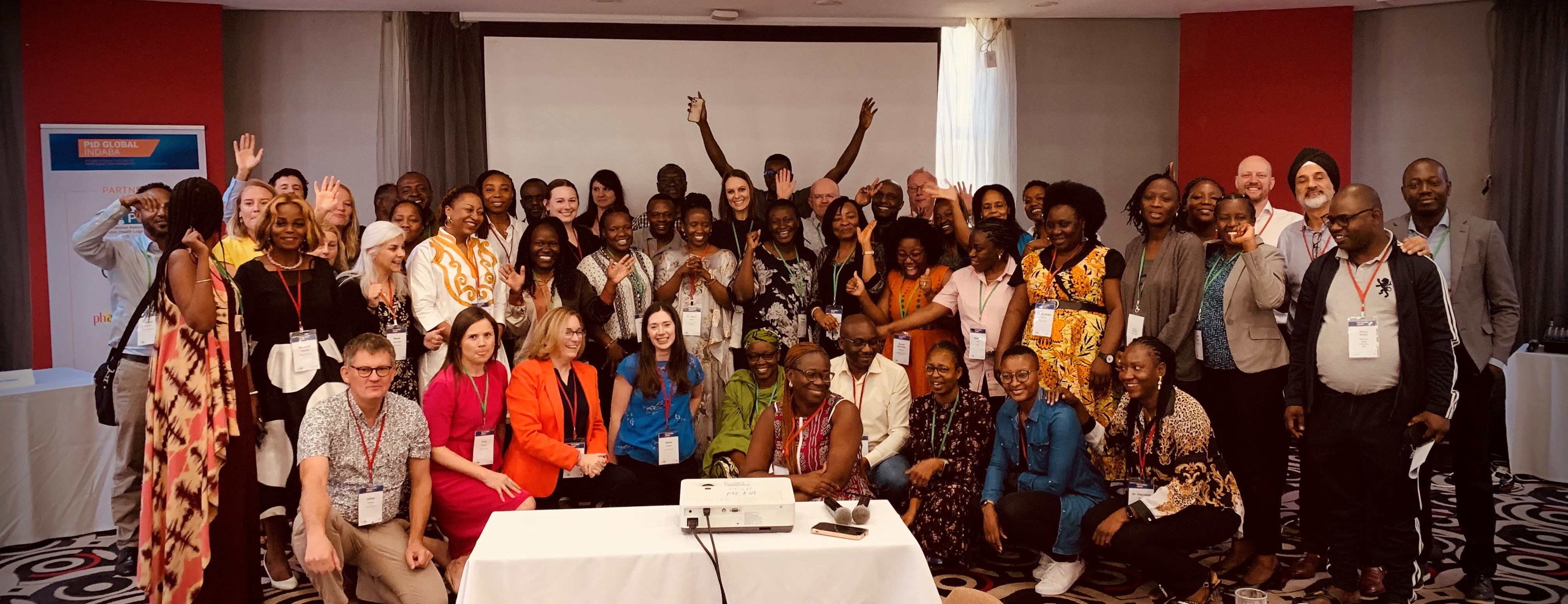“Women have made great progress over the last few years, whether in politics, sports, healthcare or supply chain,” said Tiwonge Mkandawire from VillageReach, a PtD coalition member, today during the keynote speech at a Johnson & Johnson workshop on women in supply chain leadership. “But we still have work to do to welcome more women into our profession,” she added.
The workshop followed two days of panel discussions, presentations discussions and workshops at the People that Deliver Global Indaba, the first conference to focus on human resources for supply chain management to take place in Africa.
She praised the results of the ASCM Salary and Career Report, which shows that in 2022 women under 40 earn more than their male counterparts. She also pointed to some inspirational female health supply chain leaders, including VillageReach’s president Emily Bancroft, who, she said, has “touched over 58 million lives through her leadership.”
Complimentary attributes
In a context in which there is a shortage of supply chain professionals globally, encouraging more women to join the profession can help health supply chains to reach their potential, which would mean more patients gaining access to the health commodities they require.
“Having women in senior leadership positions can influence a company’s culture and reputation,” said Tiwonge. “Investing in women makes business sense; organisations that do so achieve better health outcomes,” she added.
“When it comes to being a good supply chain professional there are certain skills you need – men and women sometimes have different skillsets but both are advantageous.”
At a local level, women often control household expenditure, especially when it comes to making decisions related to healthcare. “It tends to be mothers who seek services to make sure their children are as healthy as they can be. Why don’t leadership trends reflect this?” asked Tiwonge.
More investments are needed
An example shared by Tiwonge demonstrated one of the barriers faced by women in the supply chain profession. She told the story of a group of women truck drivers in South Africa who, when driving along a 900 km stretch of road in South Africa, had access to only two bathrooms for women.
Supporting women and encouraging them to join the health supply chain profession would include overcoming practical barriers like this, she said.
She pointed out that investments are needed if we are to see more women joining supply chain organisations and asked the audience, “Are your organisations making the investments needed to help women take advantage of the opportunities available to them?”
Mentorship and setting an example
Following a session led by Hilary Frazer, HCF-HRD, on how to efficiently mentor supply chain professionals, Gladys Muhire from Catholic Relief Services, Kiersten DeHaven from Kasha, Pie Harerimana, chief executive officer of Rwanda Medical Supply Limited, and Anne-Maryse K’Habore from the Purchasing Centre for Generic Essential Drugs and Medical Consumables (CAMEG) in Burkina Faso came together to discuss how to overcome some of the professional challenges faced by women.
On top of the value of mentorship and role models, the panel highlighted the need for both men and women to play the role of ally, and for organisations to analyse whether they’re doing enough to welcome women into their organisations. Pie Harerimana highlighted the need for countries and organisations to ensure policy and regulation contribute to ensuring equal opportunities.
Anne-Maryse K’Habore said, “We must continue to use evidence to show the value of women in leadership positions.”
She was not only hopefully but also optimistic about the future: “Both men and women, we need to lift each other up; we are more than capable and each of us is not alone.”
Read more about the PtD Global Indaba here.

